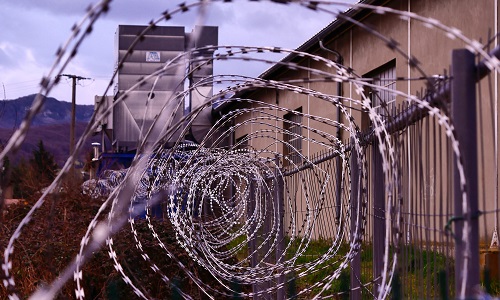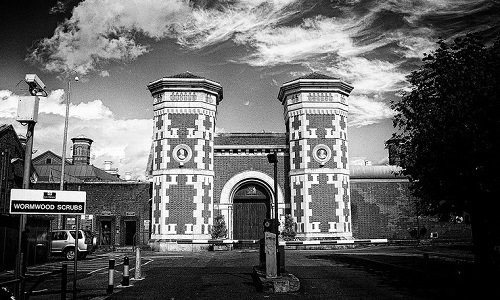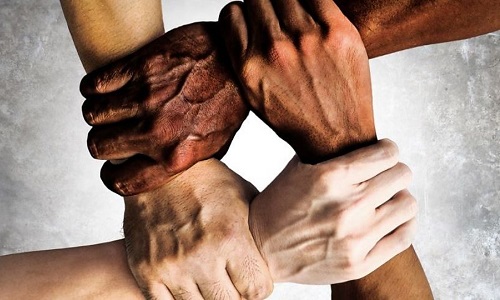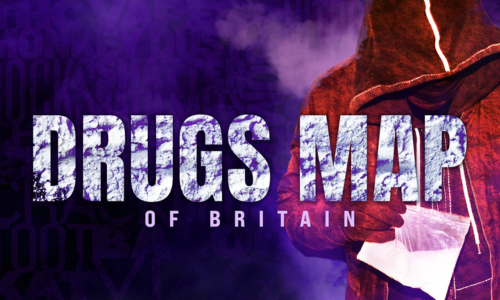Research in Social Policy & Criminology
The Department of Social Policy and Criminology conducts internationally excellent, impactful, and policy-relevant research with the capacity to transform lives and promote social justice. Our work has been recognized as “world-leading” and “internationally excellent” by the Research Excellence Framework (REF) 2021—a national, seven-yearly assessment of research quality and significance across the UK. We are proud that our research is ranked in the top third overall and fifth in the country for Research Power, which considers both quality and the number of researchers submitted.
Our department is home to a vibrant and forward-thinking research community. Our research is underpinned by principles of fairness, ethics, inclusivity, and collaboration. We are committed not only to producing innovative, high-quality research that advances academic knowledge, but also to delivering tangible benefits to society. Guided by a steadfast commitment to social justice, we address inequalities and injustices at local, national and global levels, striving to create positive and lasting impact.
We have a rich tradition of research at the intersection of social policy and criminology. As a department, we excel in the following areas:
Policy analysis: focusing on the substance and process of policy making, and the impacts of social institutions, policies and practices on human welfare worldwide.
Critical analysis: particularly linked to the (re)production of patterns of global social ordering and its impact on human welfare in historical and contemporary UK and international contexts.
Ethics in Policy and Practice: in relation to corporate, public services and criminal justice systems.
Migrations, diasporas, transnational communities: especially linked to sexual harassment, human trafficking and sexual exploitation.
Relationships, and intimacies: focusing on intimacy and personal relationships alongside the regulation and social mores that legitimise and/or marginalise forms of sex and sexuality.
Social harm: especially harms linked to gender, sex, the workplace, nonhuman animals, food and environmental safety, corporations, and the state.
Crime, welfare and punishment: with a particular interest in crime and policing, and the links between domains of public policy and criminalisation, with a concentration in youth-related issues, abolitionism and alternatives to criminal justice.
Gender and sexuality: with a focus on feminist and queer theorising and the lived experiences of gendered and sexual subjects, as well as a consideration of different approaches to and meanings of ‘justice’.
Innovative research methodologies: particularly in relation to qualitative and mixed-methods research, biographical and life-story research, visual methods, discourse analysis, and historical and ethnographic methodologies.
Social Policy and Criminology academics also play an active role in the following OU research groups and areas:
- Citizenship and Governance
- Harm & Evidence Research Collaborative
- Innovation, Knowledge and Development
- International Development and Inclusive Innovation
- OpenSpace
Engaging with the wider world
As researchers we are committed to conducting research that is intellectually rigorous, critically engaging and has relevance beyond academia. We regularly work in collaboration with and in support of global and national policy reform campaigns, grassroots movements and advocacy initiatives in the fields of deaths in custody, housing inequality and homelessness, health and safety, health policy, youth employment, gendered violence, labour migration, penal abolition, criminal justice reform, and youth violence.
How we work with others
We bring our expertise to national and international organisations, working with and advising bodies such as Parliamentary Committees, Inquest, the Weavers Uprising Bicentennial Committee, The Howard League for Penal Reform, StopWatch World Health Organisation, International Labour Organisation and Public Services International (a global union federation). Our department is also a member of The Latin American Council of Social Sciences (CLACSO) which is a global network of research centres and University departments in the field of social sciences and the humanities.
Our research frequently features in blog articles which you can read about in research news. You also can catch up on our most recent research projects discussed in the School of Social Sciences and Global Studies Magazine.
Our publications
Banks, James and Waters, Jaime (2022) The Gambling Act 2005 and the (De)regulation of Commercial Gambling in Britain: A State-Corporate Harm Sociological Research Online (Early Access)
Billingham, Luke and Irwin-Rogers, Keir (2021) The terrifying abyss of insignificance: Marginalisation, mattering and violence between young people Oñati Socio-Legal Series, 11(5) (pp. 1222-1249)
Canning, Victoria and Tombs, Steve (2021) From Social Harm to Zemiology: A Critical Introduction Routledge.
Cooper, Victoria and Paton, Kirsteen (2021). Accumulation by repossession: the political economy of evictions under austerity. Urban Geography (Early Access).
Copson, Lynne and Boukli, Avi (2020). Queer utopias and queer criminology. Criminology & Criminal Justice
Copson, Lynne (2021) ‘Crime, Harm and Justice: The Utopia of Harm and Realising Justice in a ‘Good Society’’ in Davies, P., Leighton, P., and Wyatt, T. (eds) The Palgrave Handbook of Social Harm, Switzerland: Palgrave Macmillan.
Dimou, Eleni Decolonizing Southern Criminology: What Can the “Decolonial Option” Tell Us About Challenging the Modern/Colonial Foundations of Criminology? (2021) Critical Criminology, 29 (pp. 431-450)
Murphy, T (2021), ‘Penal Transportation from Britain to Australia, 1788 to 1868: Four Phases of Penal Administration and Experimentation’
Recent BBC collaborations
Drawing on our research expertise, Social Policy and Criminology members also act as academic consultants on high-profile BBC television and radio programmes, some of which are listed below.




Request your prospectus
![]()
Explore our qualifications and courses by requesting one of our prospectuses today.
